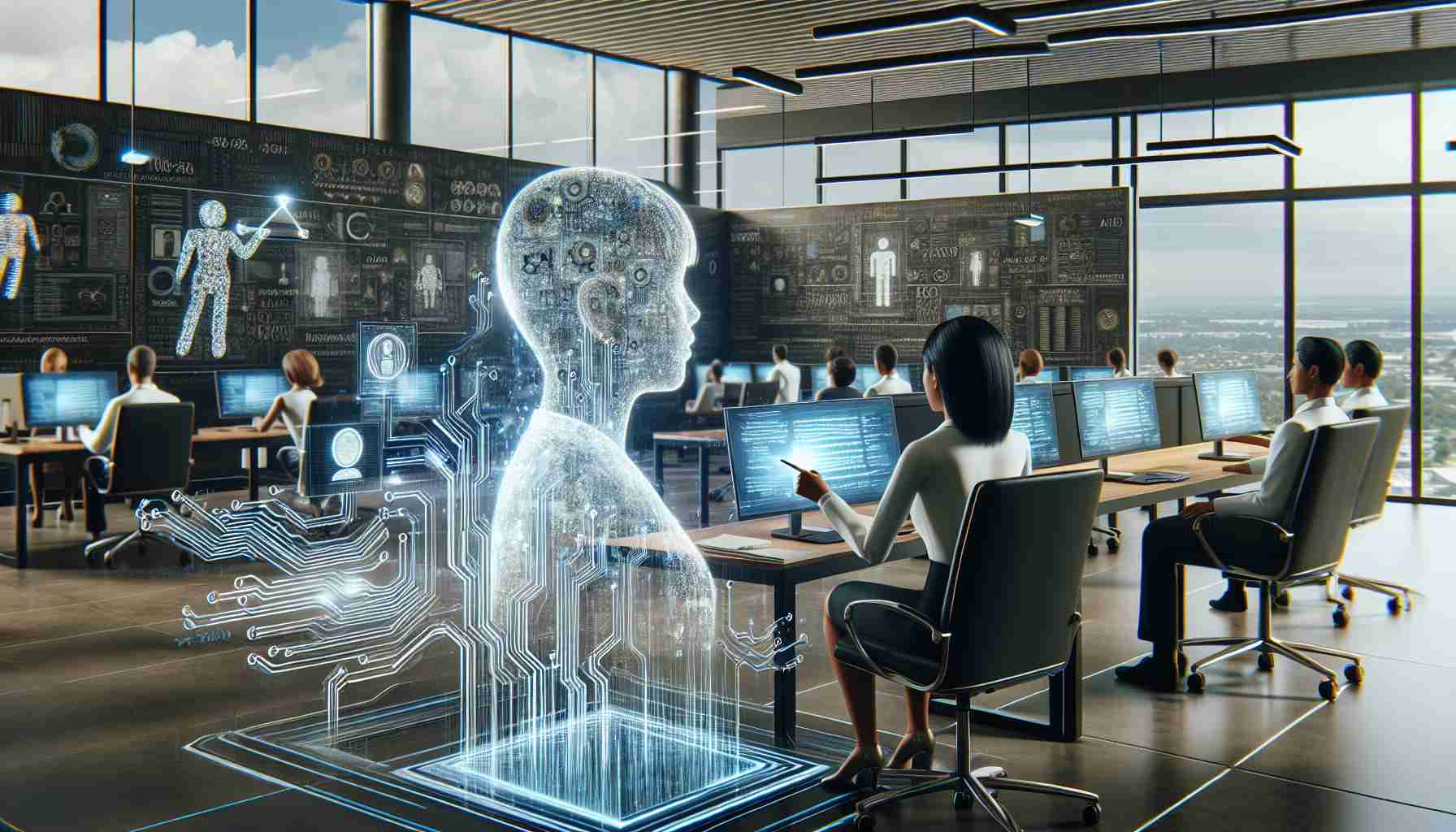Embracing artificial intelligence as an ally in the job application process has become an increasingly popular practice. A 2023 survey by IT company Softgarden revealed that a significant 19% of respondents made use of AI to craft their job application materials. This adoption showcases a shift towards streamlined and potentially more effective application strategies.
Moving towards a new normal in recruitment, prestigious DAX-listed companies have expressed a positive outlook towards the inclusion of AI in the application processes, following insights published by the German Press Agency. Additionally, companies rooted in the digital economy, such as Sumup, Beekeeper, and emetriq, have not only expressed acceptance of AI-crafted applications but also have emphasized the vital importance of maintaining authenticity and truthful representation in any submitted documents.
The initial lure of using AI during the job application process stems from the desire to ease the daunting task of tailoring resumes, cover letters, and personal statements to specific roles and companies—activities often described as time-consuming and meticulous. Insights from surveys pose a compelling question of how businesses perceive AI’s role and whether they have the capability to detect AI-generated content within applications.
The fact remains that aspiring professionals are increasingly considering AI as a valuable tool, with survey data indicating that approximately 42% of participants are open to the possibility of adopting such technology in their job-seeking endeavors.
Advantages of AI-Assisted Job Applications:
– AI can help job seekers create customized resumes and cover letters more efficiently, saving valuable time.
– It can analyze job descriptions and help candidates match their qualifications more closely to what employers are looking for.
– Potential for reducing human error or oversight, leading to more polished and error-free application materials.
Disadvantages of AI-Assisted Job Applications:
– Over-reliance on AI could lead to generic or impersonal applications if not properly reviewed and personalized by the applicant.
– Ethical concerns about the transparency and authenticity of an application when AI is involved.
– AI applications might inadvertently introduce biases if the training data used to develop the AI is biased.
Key Challenges and Controversies:
– The major challenge is ensuring AI does not lead to uniformity in applications, thereby reducing the chance of an individual standing out.
– Another critical challenge is for companies and hiring managers to develop methods to identify the authenticity of an application and whether AI has been used ethically.
– Controversy exists over whether AI-assisted applications provide an unfair advantage to people who have access to this technology, potentially creating a divide between different socio-economic groups.
Most Important Questions:
1. How can companies ensure fairness and authenticity in the application process when AI is used?
2. What steps can be taken to prevent AI from introducing or perpetuating biases in the job application process?
3. Is the use of AI in job applications leading to greater inequity in the job market?
Related links:
To learn more about artificial intelligence and its impact on various sectors, including the job market, you can visit these reliable sources:
– DeepMind: A leading AI research laboratory.
– OpenAI: An AI research and deployment company.
– Google AI: Google’s AI research division.
Each of these organizations provides insights into the latest AI developments and ethical considerations in the field. Please ensure you verify these URLs before visiting, as I cannot browse the internet and the URLs provided are based on information available up to my knowledge cutoff date.
The source of the article is from the blog lanoticiadigital.com.ar

